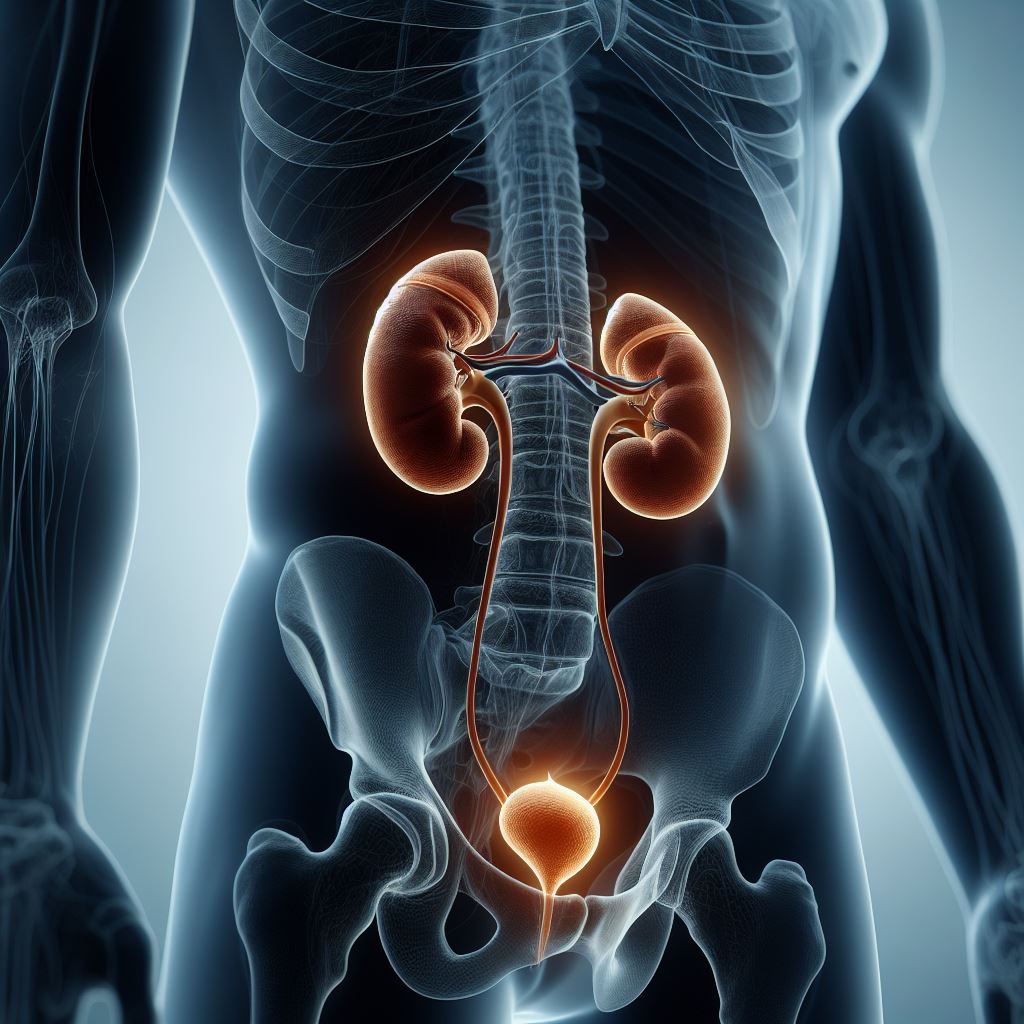Rejection mediated by antibodies (AMR) is a prevalent reason for kidney transplant failure. However, as of yet, no medication is beneficial in the long term in addressing this issue. A novel therapeutic principle in transplant medicine is both safe and extremely effective as part of an international and multidisciplinary clinical study headed by Georg Böhmig and Katharina Mayer, Clinical Division of Nephrology and Dialysis, Department of Medicine III at MedUni Vienna and University Hospital Vienna.
The findings were published in the journal New England Journal of Medicine.
22 patients at the University Hospital Vienna and Charité –Universitätsmedizin Berlin who were diagnosed with antibody-mediated rejection (AMR) after a kidney transplant between 2021 and 2023 were included in the study. Under a double-blind, randomised, placebo-controlled research design, patients received either felzartamab or a placebo, which has no pharmacological effect.
Felzartamab is a monoclonal CD38 antibody first created as an immunotherapy to treat multiple myeloma by removing bone marrow cancer cells.
Due to its unique ability to influence immune reactions, felzartamab also attracted interest in transplantation medicine,
Georg Böhmig
Our goal was to assess the safety and efficacy of the antibody as a potential treatment option for AMR after kidney transplantation
Katharina Mayer
The researchers were able to present encouraging findings following a six-month treatment and observation period. Most notably, morphological and molecular analyses of transplant biopsies suggest that felzartamab may be able to safely and effectively treat AMR associated with kidney transplants.
Potential innovation Kidney transplantation is the most frequent type of organ transplant performed in Austria, with around 330 procedures completed per year. One of the most frequent side effects is acquired rejection (AMR), which happens when the recipient’s immune system produces antibodies against the foreign organ. This may lead to kidney function decline, which frequently necessitates more dialysis or perhaps a second transplant. Therefore, treating AMR is crucial for patient health as well as the effective use of donor organs, which are already in short supply.
The results of our study could represent a breakthrough in the treatment of kidney transplant rejection,
Katharina Mayer
Our findings also raise the hope that felzartamab could counteract the rejection of other donor organs, such heart or lung transplants. Xenotransplants using genetically modified pig organs could perhaps also move further into the realm of possibility
Georg Böhmig
This multidisciplinary Phase II study was carried out in association with many departments at MedUni Vienna and University Hospital Vienna, including the Department of Clinical Pharmacology (Bernd Jilma). It is the first clinical research effort to show an efficacious therapy for late AMR. International partnerships were also a part of it, including those with the US startup Human Immunology Biosciences, Charité – Universitätsmedizin Berlin (Klemens Budde), University Hospital Basel, and the University of Alberta in Canada. Based on the present trial results, a multicentre Phase III investigation is now being prepared as the next critical step towards medication licensure.
Source: Medical University of Vienna News
Journal Reference: Mayer, Katharina A., et al. “A Randomized Phase 2 Trial of Felzartamab in Antibody-Mediated Rejection.” New England Journal of Medicine (2024). DOI: 10.1056/NEJMoa2400763
Last Modified:






